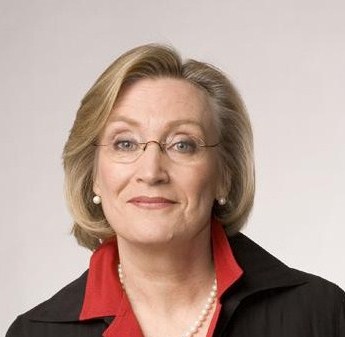(April 2017) – The current child welfare system in British Columbia as it relates to First Nations children and youth is in a crisis state, as evidenced by the disproportionate numbers of children and youth in care, and the multitude of reports and recommendations relating to the ways the system has failed Indigenous communities.
In response to this crisis, the Government of Canada, the Province of British Columbia and the BC First Nations Leadership Council have signed a Reconciliation Charter to formalize their commitment to work together to reduce the number of First Nations children in care, to keep families together and support First Nations youth to successfully transition out of care.
The Charter further establishes a joint working group including representatives from all three groups to focus on concrete actions such as legislative reform, policy and program development, and creating an effective fiscal model to support First Nations child welfare in British Columbia. By signing the Charter, the parties have also committed to sustained and measurable progress and to support First Nations to govern their own children and families using approaches grounded in their own cultures and traditions.
The charter which was signed on April 7, 2017 specifies that “this reality requires our focused attention, priority, sustained and genuine commitment and shared purpose to take action for real change p as a matter of human rights, Aboriginal rights and social justice.”
The charter stresses that success will only be achieved when all parties are working together. “We have a collective responsibility, based on our respective authorities and mandates, to work to provide the best supports and services possible to ensure the physical, emotional, mental health, safety and well being of First Nations children and youth in British Columbia, provided in a flexible and culturally appropriate way that honours and nurtures their particular identities, capacities, needs and potential.”
“I am proud that we are now able to formalize the tripartite process through which the Government of Canada will work with the First Nations Leadership Council and the Province of British Columbia on our shared goal of improving the wellbeing of Indigenous families and children,” stated federal Minister of Indigenous and Northern Affairs Carolyn Bennett. “Together we will focus on community-led approaches to reducing the numbers of children in care by ensuring timely access to the supports and services they need.”
“We need to act now, as equal partners with First Nations and the federal government, to change the way we approach child welfare,” added B.C. Minister of Children and Family Development Stephanie Cadieux. “This charter is the next step towards realizing our shared goals of improving outcomes for Indigenous children, youth and families in British Columbia and reducing the number of Indigenous children coming into care.”
B.C. Minister of Aboriginal Relations and Reconciliation John Rustad agreed saying, “This Charter is about shared responsibility and cooperation among all of us to improve Aboriginal child and family well-being. I want to commend the many chiefs and child welfare workers across the province who are steadfast advocates for the children and families they represent. Ultimately, the Reconciliation Charter is a commitment to all First Nations communities in British Columbia.”
The Charter is an extension of the partnership between Canada, the FNLC and British Columbia, who signed an agreement in March 2017 to improve supports and increase investments for First Nations children, youth and families in B.C.
“This Charter is an important commitment by all parties to work together to fix a broken system and effect real transformative change resulting in improving the lives of First Nations children in BC,” stated Cheryl Casimer, Political Executive Member of the First Nations Summit. “Our expectation is that the Charter will lead to an aggressive, culturally appropriate workplan that will directly support First Nations jurisdiction and self-government and address the over representation of First Nations children in care in BC.”
“The BC Assembly of First Nations is committed to advocating and advancing First Nations rights and interests related to child welfare, and the Reconciliation Charter is reflective of those principles,” added BCAFN A/Regional Chief Maureen Chapmen. “This significant step forward demonstrates the parties’ commitment towards the continued need for active and purposeful reconciliation between the Crown and First Nations in relation to children and families. We will continue to engage our partners to ensure a better future for our communities and children and youth.”
“The acid test of the Charter is in whether First Nations children, youth and families can finally be treated with the rights and dignity of all children and our children and families are supported to stay together,” concluded Kukpi7 Judy Wilson, Secretary-Treasurer of the Union of BC Indian Chiefs. “First Nations communities must drive the change, with their own jurisdiction and as the Representative for Children and Youth in BC recently noted, this will require Canada and British Columbia to provide equitable and flexible resources directly to First Nations families and communities.”



Be the first to comment on "Tripartite Reconciliation Charter commits to better care for First Nations children in BC"